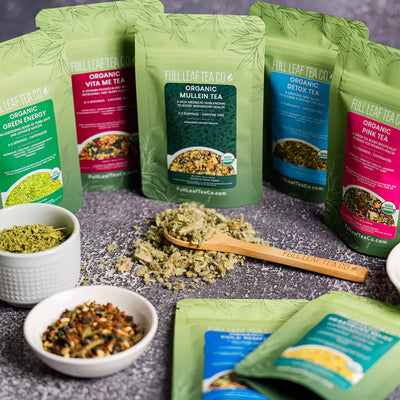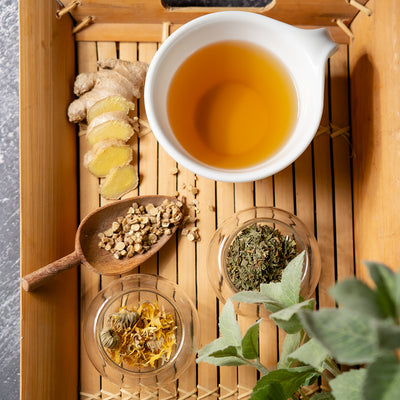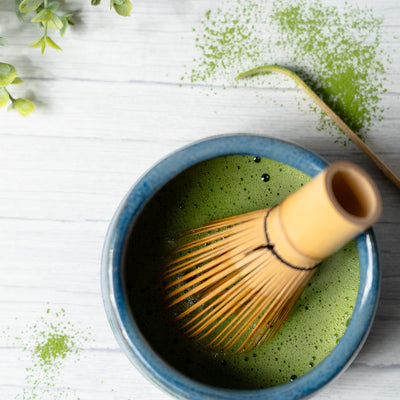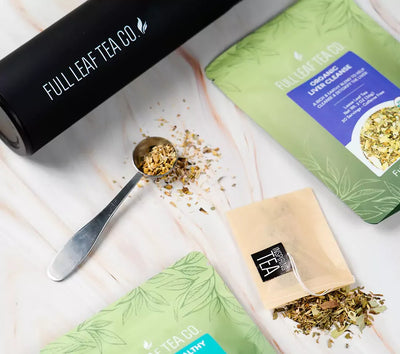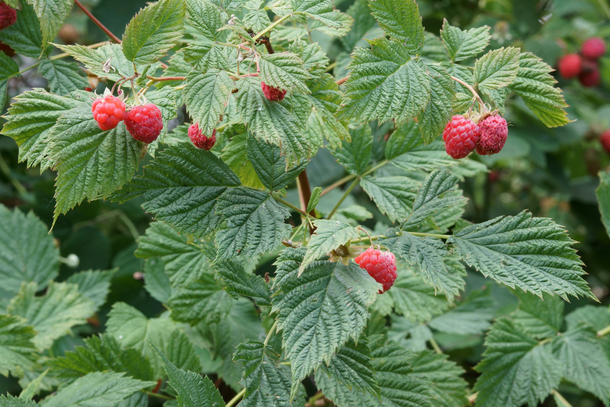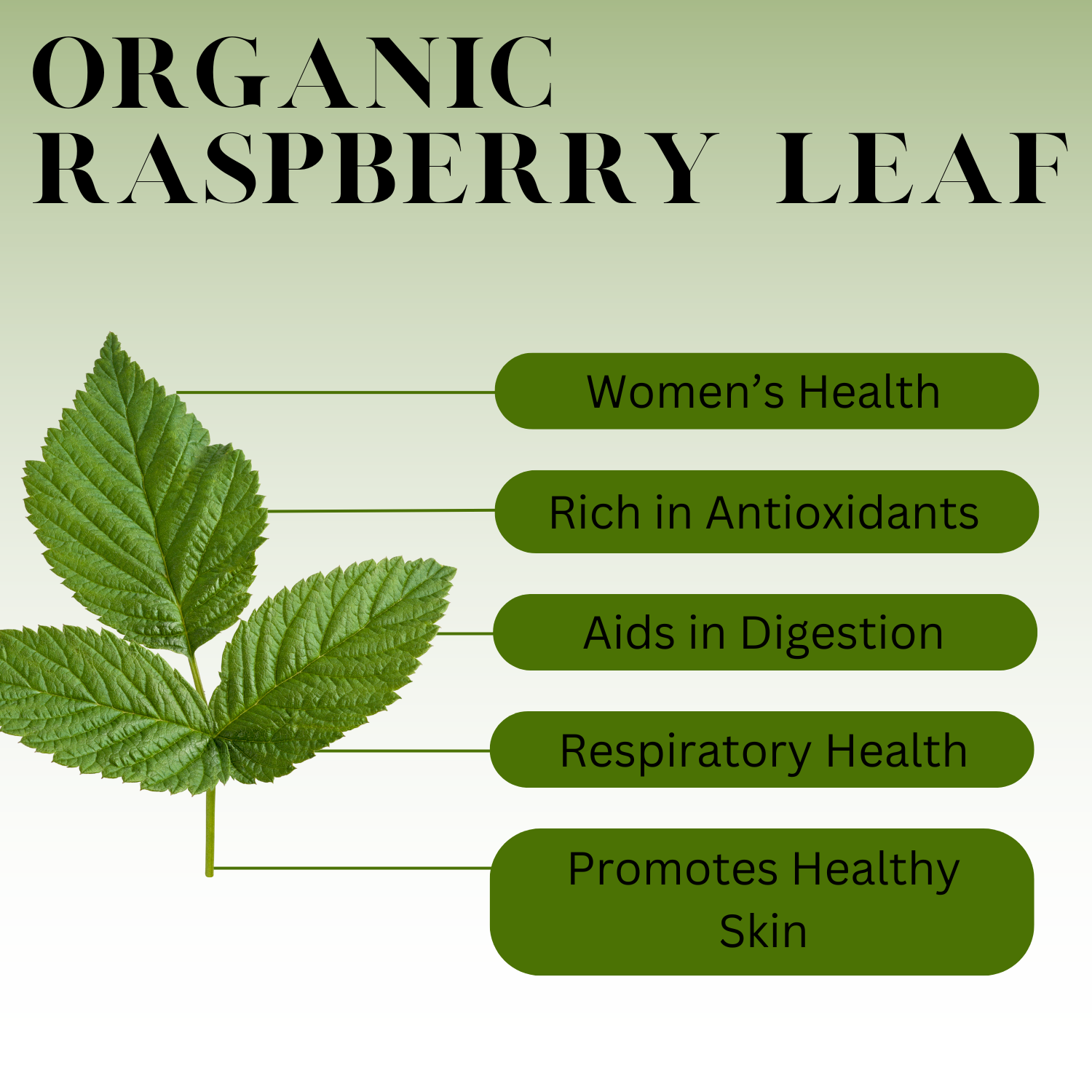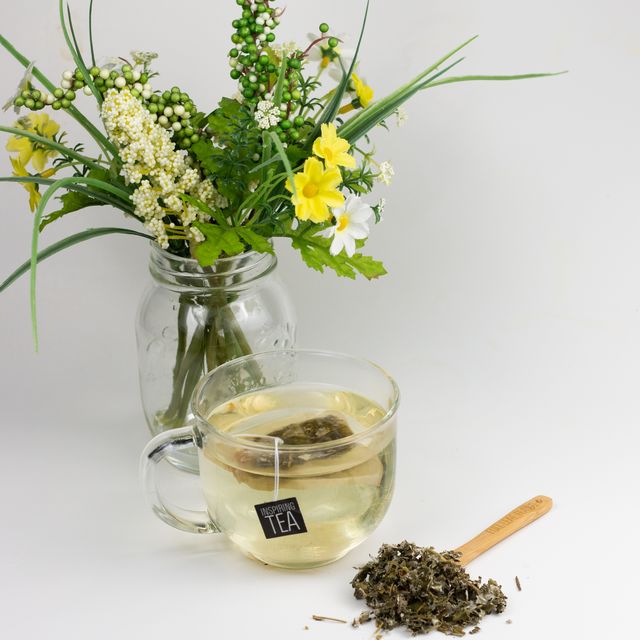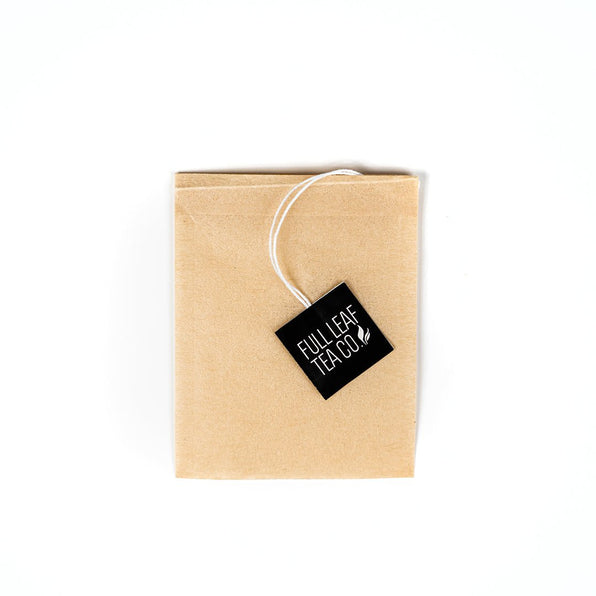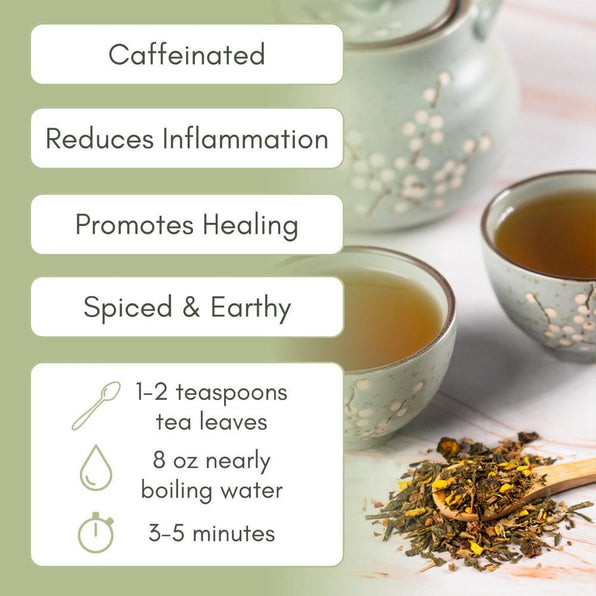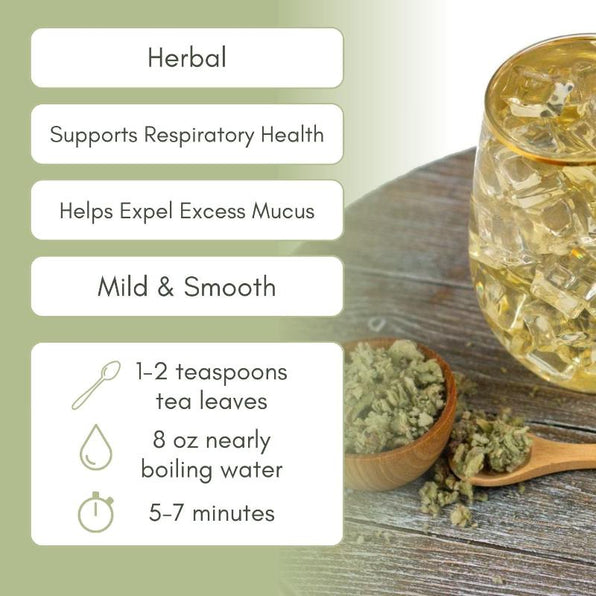What is Raspberry Leaf?
Organic raspberry leaf comes from the red raspberry plant (Rubus idaeus), a fruit-bearing plant native to Europe and parts of Asia. The leaves of this plant have been used for centuries in traditional medicine, particularly for women's health. Raspberry leaf is known for its high nutrient content and is often consumed as an herbal tea.
Raspberry leaf is rich in vitamins and minerals, including vitamin C, vitamin E, calcium, iron, and magnesium. These nutrients contribute to its wide range of health benefits. The leaves contain beneficial compounds such as tannins and flavonoids, which are known for their antioxidant properties. This makes organic raspberry leaf a valuable addition to a health-conscious diet.

